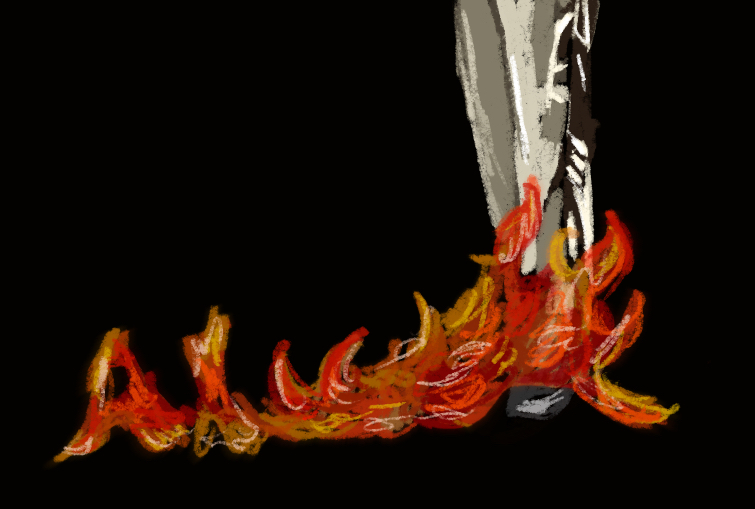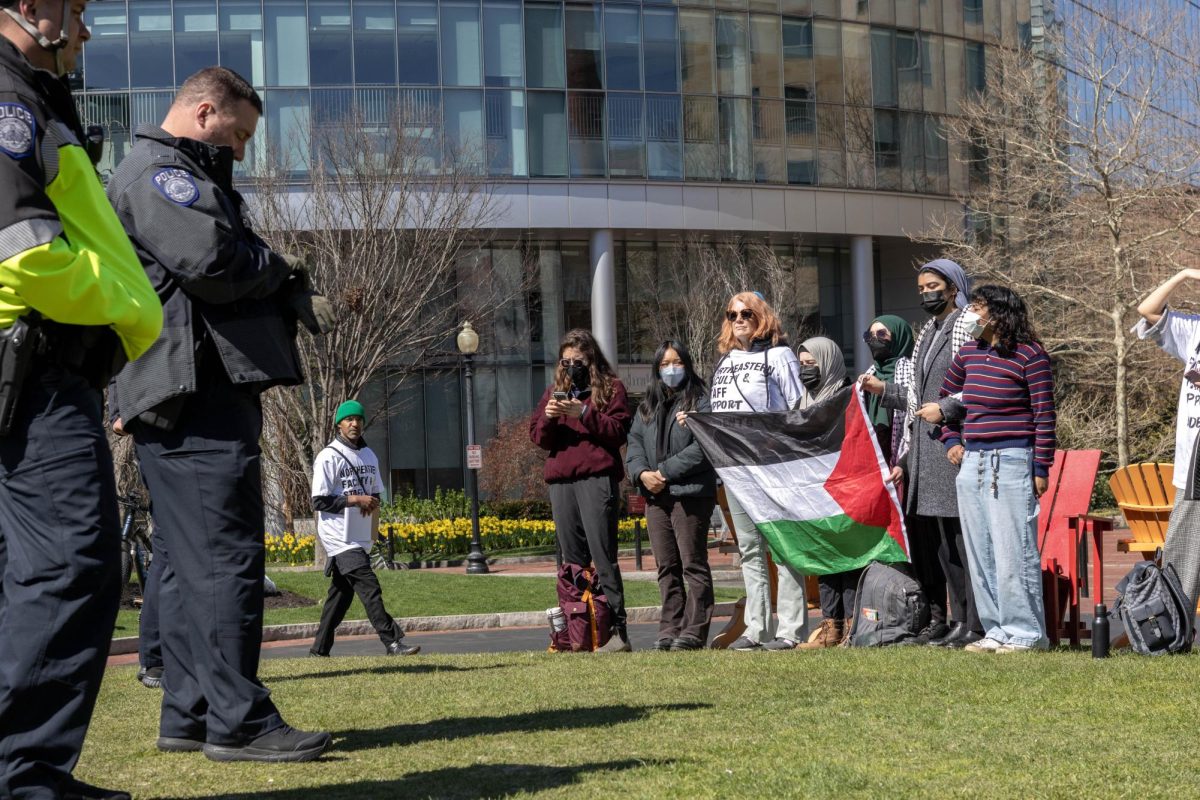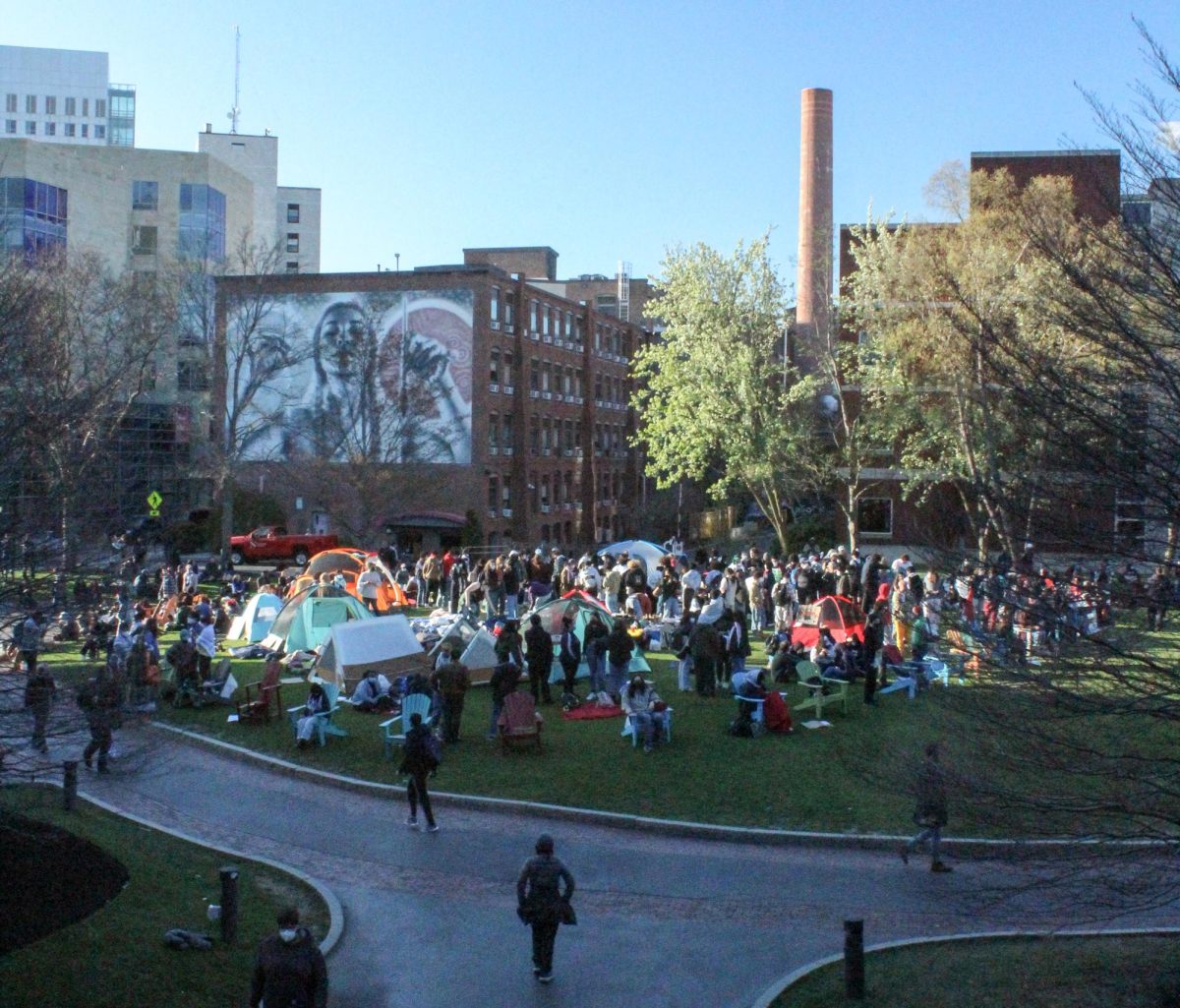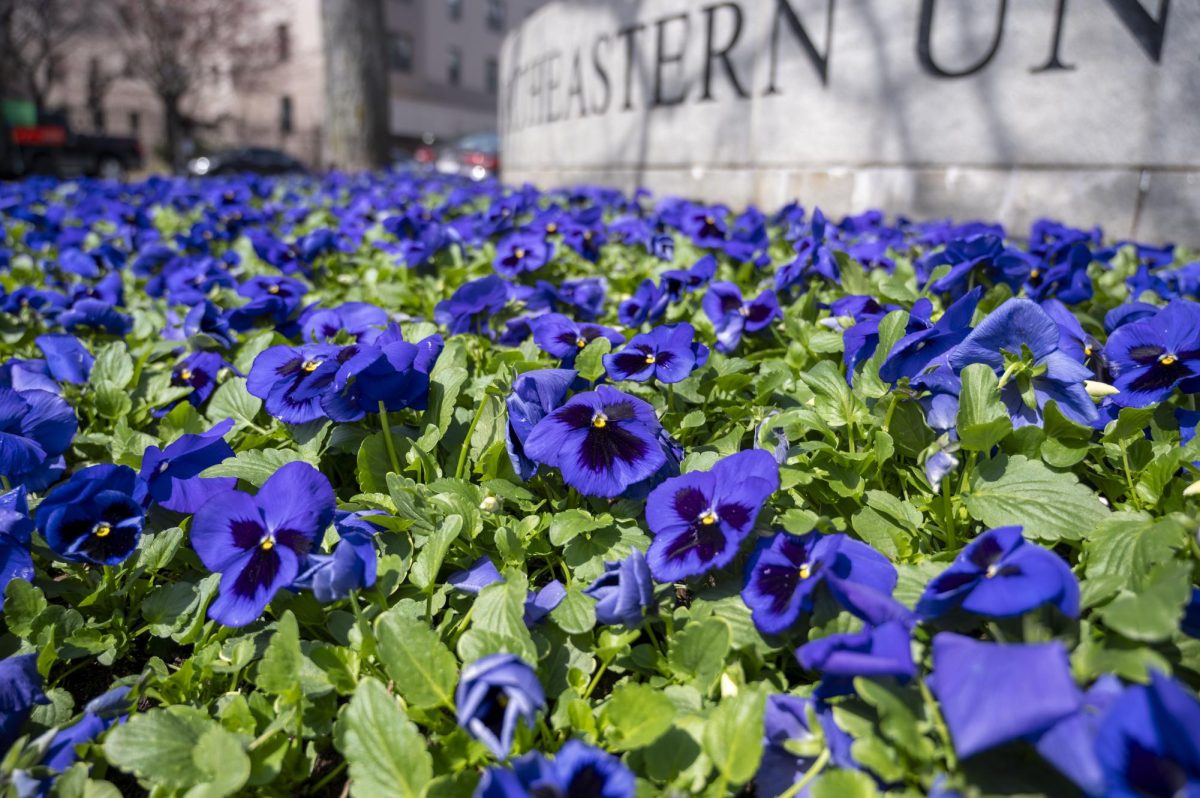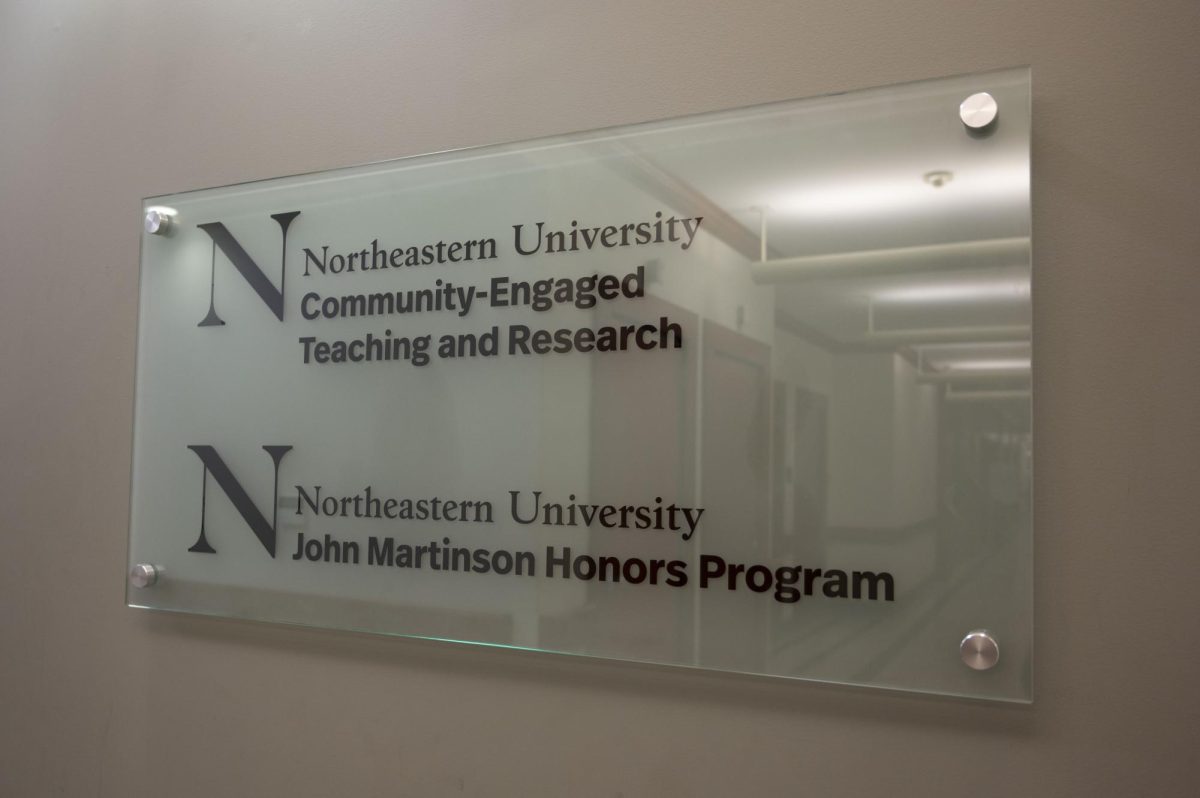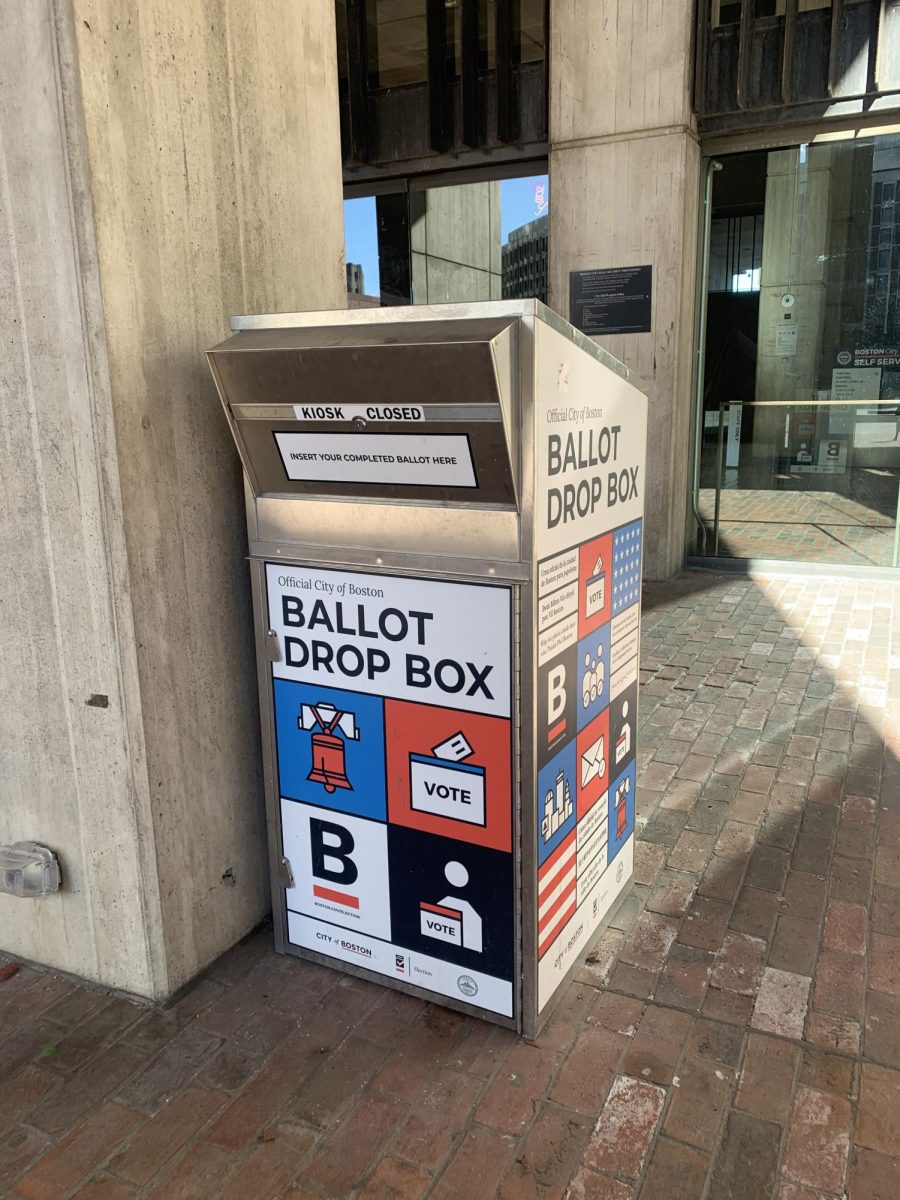For the 2.6 million Palestinians who live in the West Bank, “apartheid” is not just some abstract concept, a word only seen in history books. Apartheid is the way things are, a bitter fact of life they must live through every day. This is why we have Israeli Apartheid Week, to raise awareness of their plight, so that it may someday end.
B’Tselem, one of the world’s most respected Israeli human rights group, has reported, “In the roads regime operated by Israel, the right of every person to travel in the West Bank is based on his or her national origin,” and this system “bears striking similarities to the racist apartheid regime that existed in South Africa.”
According to John Dugard, special rapporteur on the situation of human rights in the Palestinian territories, Israeli actions discriminating against Palestinians range from freedom of movement to house demolitions to imprisonment without trial.
“Can it seriously be denied that the purpose of such action is to establish and maintain domination by one racial group (Jews) over another racial group (Palestinians) and systematically oppressing them?” Dugard asks.
Dugard, a professor of international law from South Africa, certainly would not throw the “apartheid” label around lightly. All the more reason we should take him seriously when he says there is “an apartheid regime” in the West Bank “worse than the one that existed in South Africa.”
In fact, Archbishop Desmond Tutu, one of the most esteemed leaders of the struggle against South African apartheid, was one of the first to compare it to life under Israeli occupation. When visiting the West Bank he said, “it reminded me so much of what happened to us black people in South Africa. I have seen the humiliation of the Palestinians at checkpoints and roadblocks, suffering like us when young white police officers prevented us from moving about.”
The icon of the anti-apartheid movement, Nelson Mandela, also has not shied away from comparing Israel with South Africa, noting that the UN recognized “injustice and gross human rights violations were being perpetrated in Palestine” at the very same time it “took a strong stand against apartheid.”
And we, too, can take that stand against apartheid this week.
-Morgan Sinclaire is a freshman biology major


